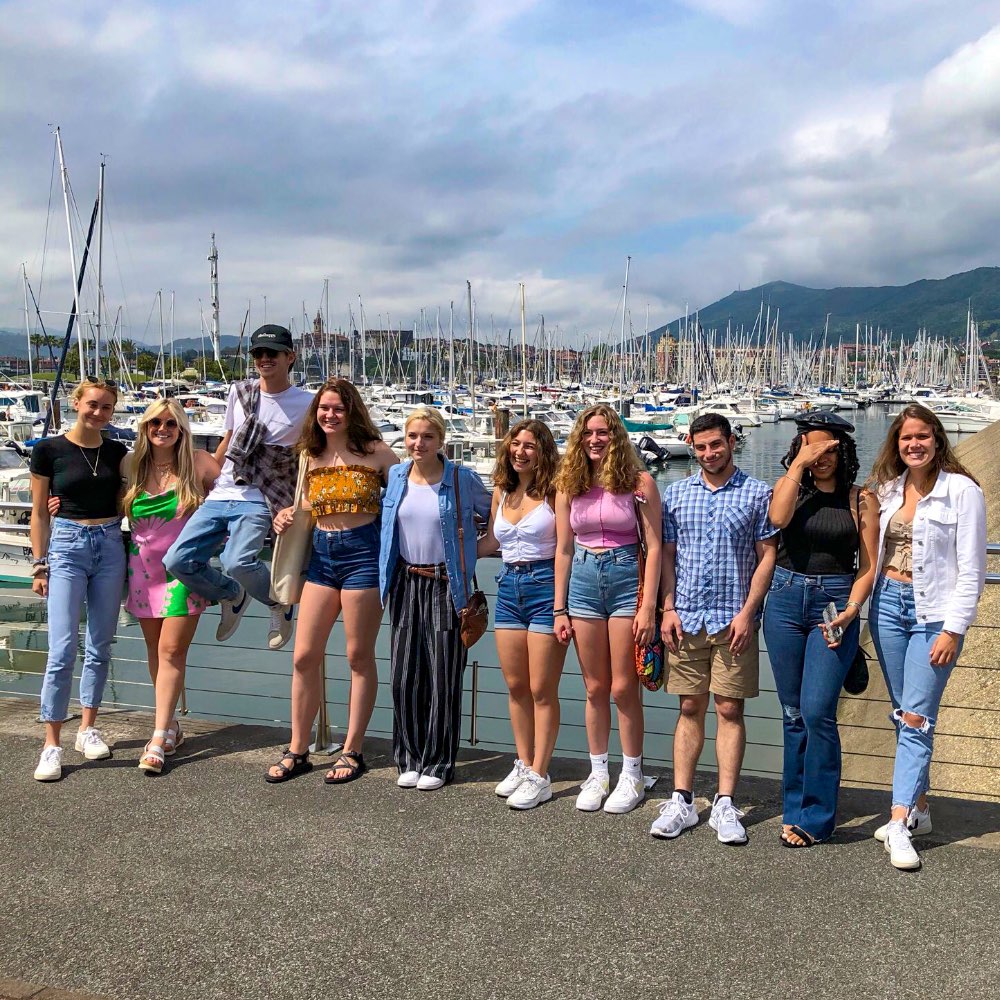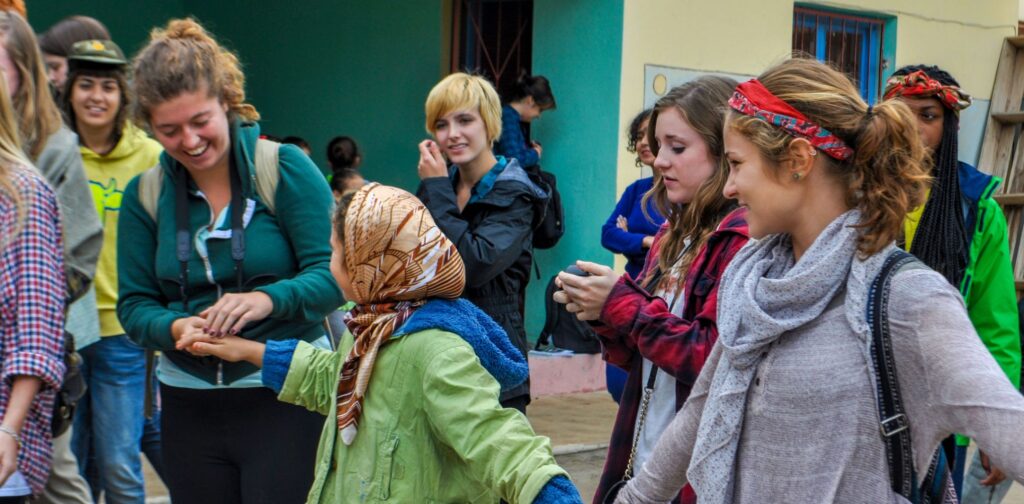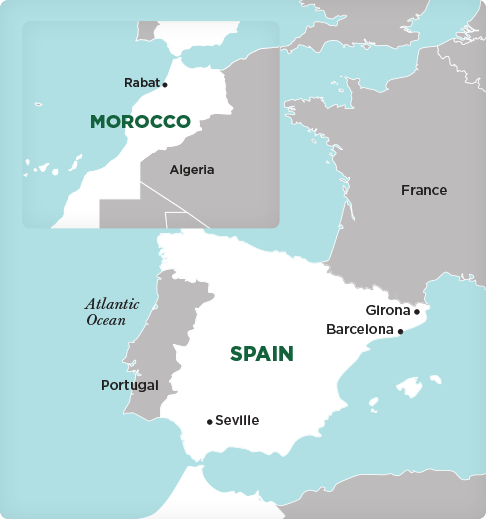In addition to taking the above courses, students will choose one of the following two tracks:
Independent Study Project – syllabus
(ISPR3000 / 4 credits)
The Independent Study Project (ISP) is a self-designed research project offering students the opportunity to undertake a personally significant and independent investigation, which highlights the regional and cultural reality that can only be encountered during a study abroad experience. The ISP is the academic component in which the student most directly applies the concepts, skills, tools, and techniques of experience-based learning articulated through the Research Methods and Ethics course and the thematic courses, while enabling students to further integrate their language skills and the contacts they have developed in the homestay and in the broader community. Each student will plan, develop, and independently undertake a research project, with the advice and guidance of the academic director and an ISP Advisor—a local academic and/or health or humanitarian aid professional. The topic of study may be anything of interest to the student, within the scope of the program and the immediate region, and is usually developed out of lectures, discussions, field visits, and educational excursions. The final project should provide material evidence of student capability in utilizing appropriate methodologies and in synthesizing experiences in the host culture. Students are expected to complete 120 hours of field-based (non-archival, non-library) research on their topic, submit a substantial written paper, and deliver an accompanying oral presentation. It is not uncommon for ISPs to strongly contribute to the student’s choice of subject for graduate studies or professional career.
Sample topic areas:
- Housing crisis and anti-eviction movements
- Women’s rights in Spain
- Social movements and activism in contemporary Morocco
- Civil society in times of crisis and austerity measures
- From movements to political parties: Social movements and institutional politics in Spain
- Current perceptions of Catalonia’s independence movement
- Comparative approaches to migration and refugee policies
- Geopolitics and borders
- Memory, law, and reparation
- Ethnic and race issues in Spain
- Territorial and minority national identities in the Mediterranean
Internship and Seminar – syllabus
(ITRN-3000/ 4 credits)
This seminar consists of a four-week internship with either a local community/international organization, research center, business, or government agency. The aim of this internship is to provide students with valuable experience and to enhance their skills in a career/professional environment related to core program themes. The Internship and Seminar course includes various components that support the student through the internship learning process. They include meetings while at the internship, seminar lectures, discussions, and reflections, writing of progress reports, research and writing the final paper, and preparation for the final presentation.






















